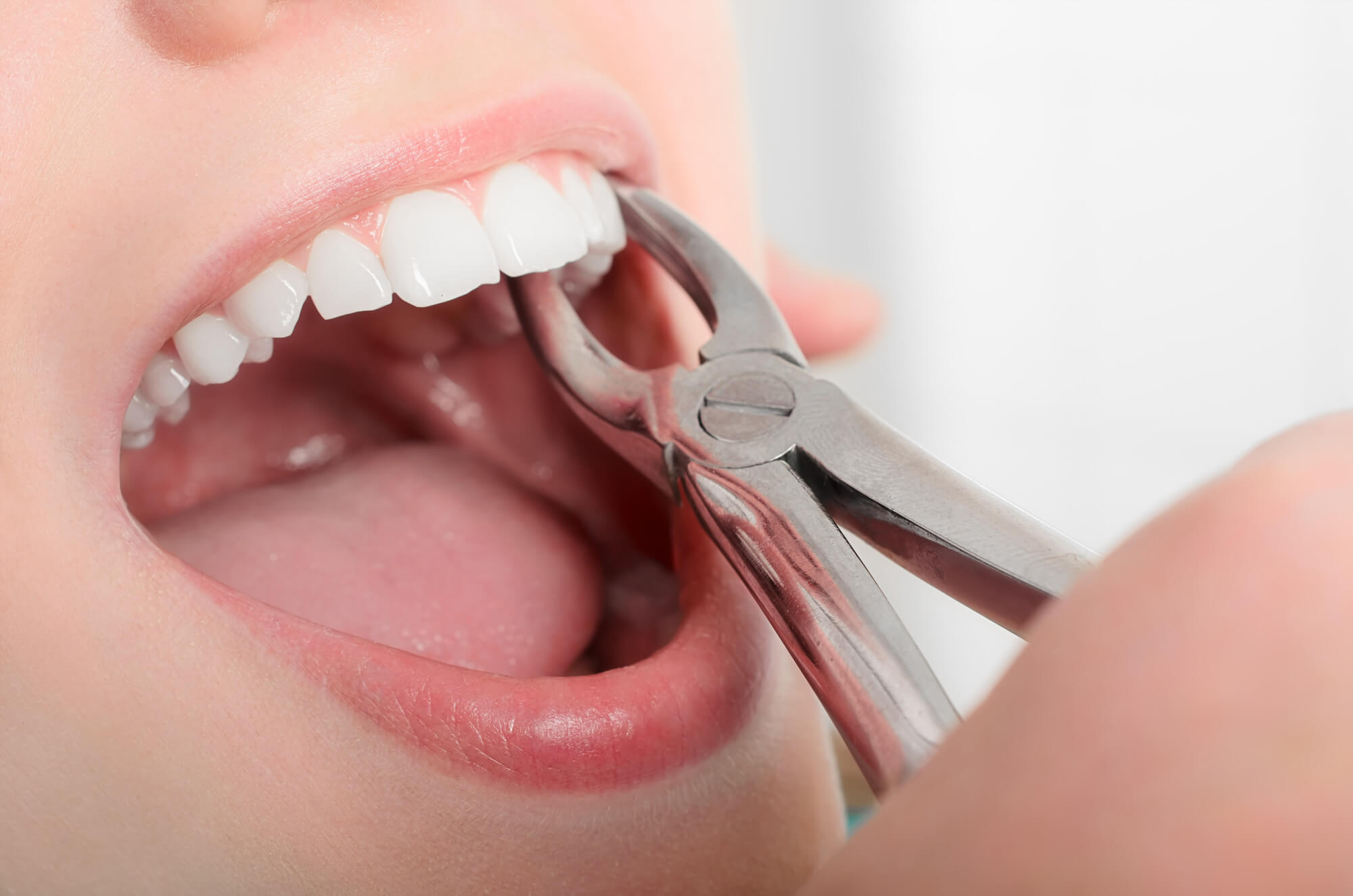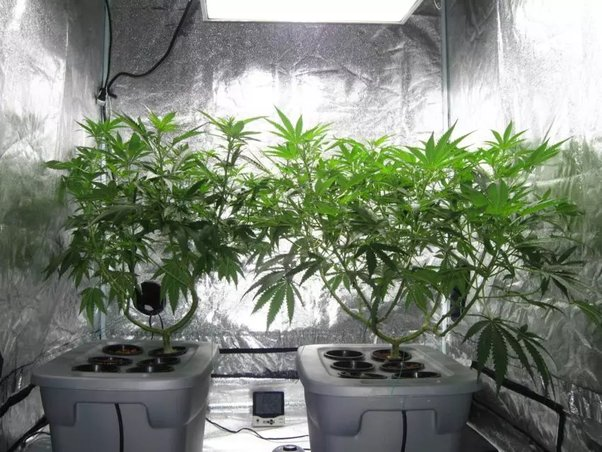Your Journey Through Tooth Extractions
A tooth extraction may be necessary for several reasons including disease, damage, or trauma. It is one of the most common dental procedures that can significantly improve your oral health.
Tooth extractions Campbell is performed by expert dental surgeons who offer both quality removal and replacement to protect and improve your smile.
An introduction to tooth extraction
Tooth extraction is defined as a simple or complex surgical removal of one or more teeth from your jawbone. It is considered a last resort when the tooth is beyond repair through other dental procedures like restorations and root canal treatments.
Indications of tooth extraction
Your dental surgeon may recommend tooth extraction for the following reasons:
- Severe toothache, impairing your routine activities
- Advanced periodontal disease leading to tooth mobility
- Extensively decayed tooth
- Several infected teeth cause dental abscesses, cysts, or tumors
- Extra teeth causing malalignment
- Impacted wisdom teeth
- Deciduous (baby teeth) teeth that have not fallen out naturally
- Broken or fractured teeth
- TMJ dysfunction
- In preparation for orthodontic procedures like braces, or dental implants
Benefits of tooth extraction
It is always best to restore your natural teeth, but tooth extractions can also be beneficial in the following ways:
- Eliminates infection
- Alleviates painful symptoms
- Corrects malalignment
- Improves your appearance
- Prepares for restorative treatments
- Improves your oral health
However, tooth extractions can lead to missing teeth causing malalignment, speech problems, and poor aesthetics. Thus, it is essential to discuss with your surgeon, the future course of action post-extraction for tooth replacements.
Tooth extraction procedure and recovery
Your dental surgeon will evaluate your oral cavity and determine if tooth extraction is the best choice of treatment for you.
Procedure
- Your dentist will administer local anesthesia to numb the soft tissues surrounding your tooth.
- Special extraction forceps are used to carefully loosen the ligaments around by rotating the tooth.
- If the tooth is large then it is sectioned into small fragments for easy removal with minimal trauma.
- Your dentist will apply pressure to pull out or extract the tooth completely from the socket.
- The empty socket is packed with sterile cause to stops bleeding and encourages the formation of blood clots.
Recovery
- You will be advised to avoid hot, hard, and spicy food for 2 to 3 days until the socket heals.
- Avoid sipping fluids from a straw, spitting, or smoking for at least 48 hours to avoid disturbing the blood clot formed at the extraction site.
- Recovery may take around 2 to 3 days.
Summary
Tooth extractions can be daunting and lead to distress. But sometimes it is the best way to eliminate infection and get you back on track to a healthy smile and life.




